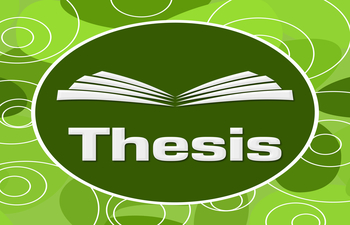
Design and Development of Hybrid Controller for Z Source Inverter an Application to Electric Vehicle
Publication Year: 2020
Author(s): Kumar A A
Abstract:
The development of automobiles with heat engines is one of the greatest achievements of 20th century and marvel of modern technology. However, the highly developed automotive industry and the large number of automobiles in use around the world have caused and are still causing serious health and environmental problems for society and human life. It has been well recognized that electric and hybrid electric drive train technologies are the most promising solutions to the problem of land transportation in the future. In fact, the choice of electric-propulsion systems for electrical vehicle (EV) mainly depends on three factors: driver expectation, vehicle constraint, and energy source. With these considerations, it is obvious that the overall motor operating point is not tightly defined. Therefore, selecting the most appropriate electric-propulsion system for an electrical vehicle is a challenging task. From drive point of view, the major types of electric motors adopted or under serious consideration for EVs include DC motor, induction motor (IM), permanent magnet (PM) synchronous motor and switched reluctance motor (SRM). Moreover, based on an exhaustive review of the state of the art related to electric-propulsion systems, it is observed that investigations on the cage IMs and the PM motors are highly dominant, whereas those on DC motors are decreasing. Advanced electric vehicles (EVs) require efficient power electronics and electrical machines to function the general-purpose motor drive for EVs system is based on the voltage-source inverter (VSI). Where DC voltage source is supported by a relatively large capacitor feeds the main converter circuit. The DC voltage source can be a battery, fuel-cell stacks, diode, rectifier and solar cells. However, voltage-source inverter has conceptual and operational barriers and limitations. The voltage-source inverter is a buck (step-down) inverter for DC-to-A power conversion.
Country: India
Rights: Birla Institute of Technology and Science
URL:
https://shodhganga.inflibnet.ac.in/handle/10603/124399
Theme: Business Models | Subtheme: Procurement
Related Documents
Reports
Abstract:
In the second quarter of 2024, the market for heavy-duty vehicles (HDVs) in the European Union... Read More
Reports
Energy Efficiency Services Limited (EESL): Enabling More
Published Year: 2019
Abstract:
EESL is implementing the world’s largest energy efficiency portfolio across sectors like... Read More
Reports

Automotive Electronics
Published Year: 2017
Abstract:
With the conducive environment made by the Government of India to promote auto electronic... Read More



